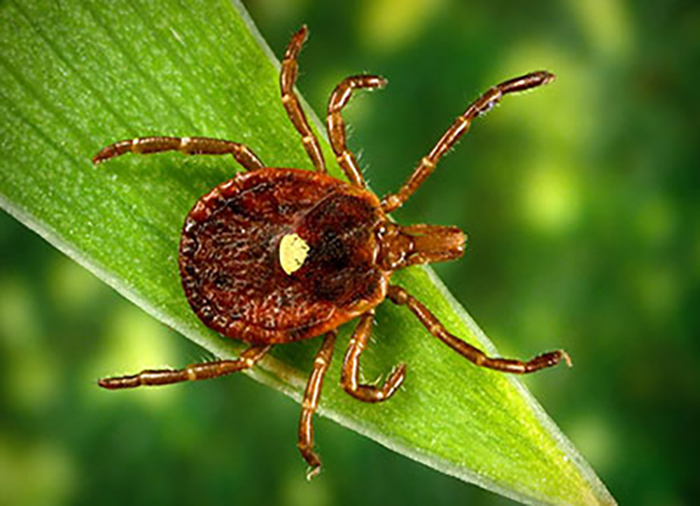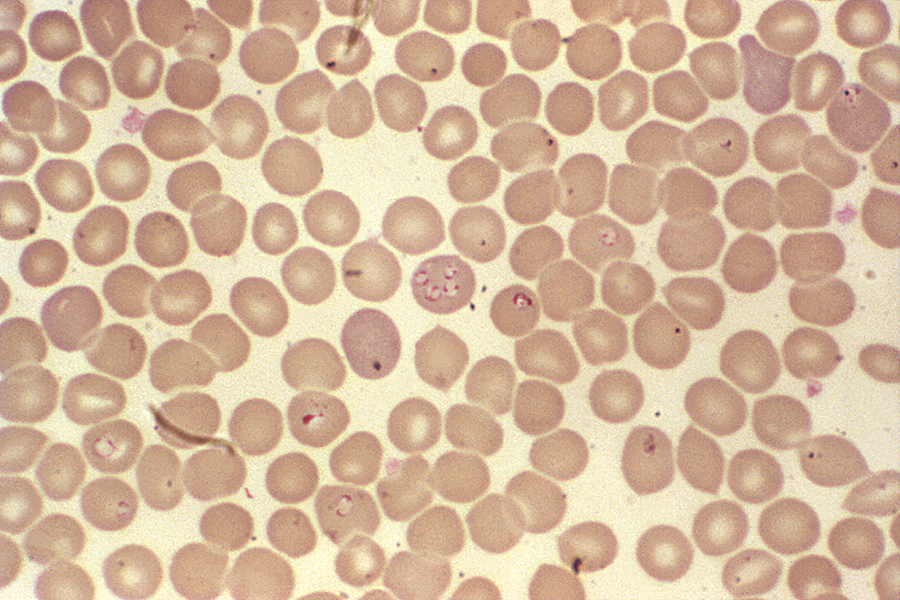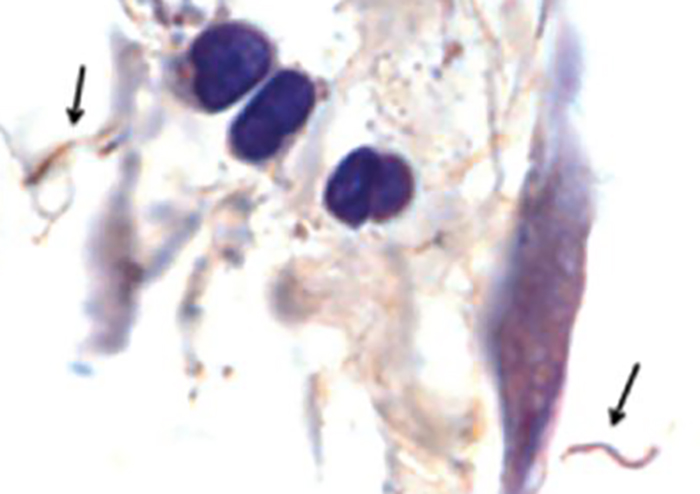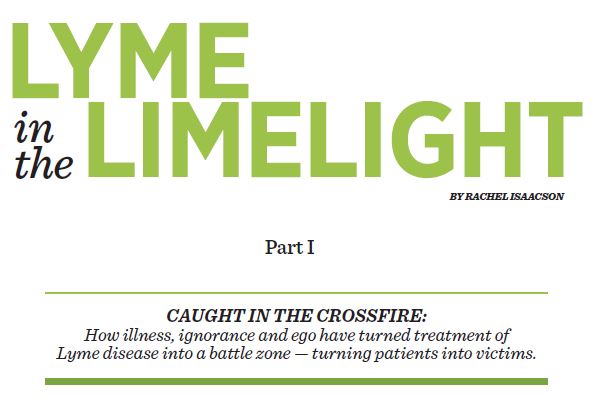Treatment options for an anxious, suicidal patient with a history of Lyme disease
One of the most challenging aspects in treating Lyme disease patients lies in the ability to decipher whether a patient’s current health complaints could be attributed to a past Lyme infection. This challenge is made even greater when a person has co-existing psychiatric symptoms.
Travelers heading south cannot escape the threat of tick-borne diseases
As temperatures drop and the winter months approach, numerous retirees and vacationers will head south seeking refuge from the cold. Unfortunately, many may assume that their travels to a warmer climate will keep them safe from tick-borne diseases. But this couldn’t be further from the truth.
Time for shared decision-making when treating Lyme disease
In recent years, there's been a transformation, to some degree, within the medical establishment regarding the physician-patient relationship. Healthcare institutions have been actively trying to change the way physicians and patients interact with one another, using a shared decision-making approach to achieve patient-centered medicine.
At least 50% of patients with Lyme neuroborreliosis remain ill years after treatment
There continues to be physicians who dispute the potential severity of Lyme disease and its ability to cause chronic illness in patients, even though there are an increasing number of evidence-based studies supporting that finding.
Lyme disease diagnosis almost missed in patient with Babesia
The number of reported cases of Babesiosis has been rising steadily over the past few years. The increase is particularly concerning to health officials given that the tick-borne infection can be difficult to diagnose and can be transmitted unknowingly through blood transfusions.
B. burgdorferi persister cells survive attacks by antibiotics and may contribute to chronic illness in Lyme disease patients
The consensus among the mainstream medical community has been that a short course of antibiotics will eliminate the objective signs of Lyme borreliosis, and the assumption is made, in turn, that patients are cured of the infection. But, studies indicate otherwise. Dr. Emir Hodzic, of Real-Time PCR Research and Diagnostic Core Facility, School of Veterinary Medicine, University of California, Davis, explores the role 'persisters' play in causing chronic Lyme symptoms.
Hundreds of doctors treating Lyme disease with extended use and multiple antibiotics
There are a handful of hot button issues surrounding Lyme disease that are sure to ignite a firestorm of debate within the medical community; among them is the duration of time required to effectively treat the disease.
Politics of Lyme disease turn patients into victims
Hamodia, an internationally-recognized newspaper, recently published a two-part series on Lyme disease, entitled Lyme in the Limelight, which they have gracious given us permission to reprint. The articles provide an in-depth and insightful look at the politics surrounding a disease that affects hundreds of thousands of people each year. And, which after more than four decades, still elicits heated debates within the medical community.
Study volunteers with newly diagnosed Lyme disease needed
The two-tier Lyme disease criteria introduced in 1994 proved to be a poorly sensitive test in actual practice. Studies have shown that only one-third of all well-characterized cases of Lyme disease are positive by the two-tier Lyme disease test. Over the past few years, an increasing number of tests have been introduced to improve the reliability of serologic tests for tick-borne illnesses. These tests include PCR, t-cell, and antigen detection tests.
Physician-turned-patient becomes Lyme advocate
Dr. Neil Spector, a leading researcher and oncologist at Duke University Medical Center, suffered sudden and severe heart problems brought on by Lyme carditis. For years, he went undiagnosed, enduring the waxing and waning of cardiac symptoms, until one day, his situation became so dire, he required a heart transplant. Now recovered, Dr. Spector has become a vocal supporter for other Lyme disease patients, as he shares the realities of Lyme disease in his memoir, Gone in a Heartbeat.













